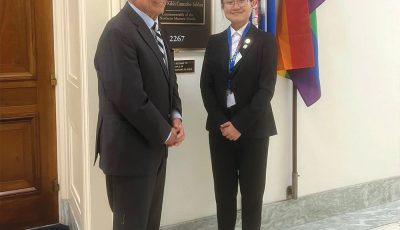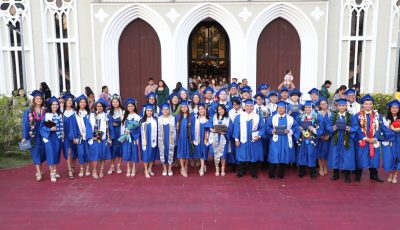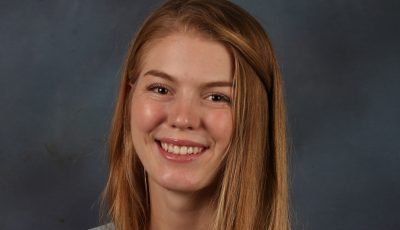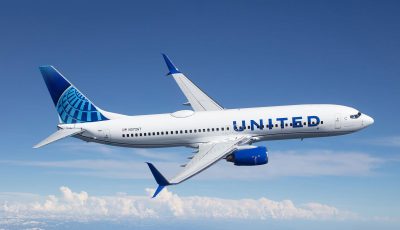Snyder shares SIS’ accreditation experience
Saipan International School headmaster Ron Snyder and Mt. Carmel School president Galvin Deleon Guerrero shared the experiences their schools went through when undergoing accreditation with the Western Association of Schools and Colleges.
SIS recently achieved a six-year accreditation status from the Accrediting Commission for Schools-WASC.
Snyder and Deleon Guerrero, during last week’s two-day professional development training, met with other members of the Commonwealth Coalition of Private Schools Association.
“We had a special presentation where in the first day all the principals of the schools met with the [CNMI State Public School system] Federal Programs [Office] and the following day was about accreditation,” said Snyder. “It was a meeting for all who were interested in accreditation. It was for anybody who wanted to know about the accreditation process. We met in one of the rooms and we talked about how to do it.”
Snyder said he and Dele Guerrero talked “about the whole accreditation process and how to go through all of it—how to best approach it and how to fund it because the process can be expensive.”
SIS went through a rigorous quality control program during their accreditation, which is beneficial to their students when they seek higher education in U.S. universities and colleges.
The accreditation also means that their students are prepared for postsecondary classes, aside from being recognized by the U.S. government for its capability to accept international students.
Snyder said they also shared what they have learned from their curriculum development with other CCOPSA member schools.
“WASC identified curriculum development as a need for us; we said let’s share our research into how to best approach this need with other schools. So we invited them all [CCOPSA members].”
Agape Christian School, Brilliant Star, Rota’s Eskuelan San Francisco de Borja, Grace Christian Academy (Saipan and Tinian), Green Meadow School, Northern Marianas School, and Saipan Community School joined SIS and MCS representatives at the two-day training.
Professional development
Snyder said they looked into how to improve the programs of all CCOPSA member schools in 2016. They presented their research in 2017 despite the lack of resource speakers.
“We decided that we wanted to share our resources and do some professional development. In 2016, we discussed the different ways of doing that and the following year we had six breakout sessions presented by SIS and MCS teachers,” said Snyder.
They saw it worked pretty well with other CCOPSA members. One from SIS and MCS, and two from SCS presented at this year’s training
Snyder said the curriculum development was designed for Kindergarten to 12the grade, with the whole idea behind the process about understanding by design. “It is very explicitly defined what the end product is, the end goals.”
“In a curricular sense, what each disciplinary group wants their students be able to know and do in the end. For example, what social studies or English students should be able to know and be able to do by the end of 12th grade?”
“And then, once you define that, then you start planning out how do you reach that.
What classes and what skills do you need to develop all the way down from [Kindergarten to the 12th grade]. So there’s a progression that’s steady and not too irregular so that students don’t have too much to handle in one year,” added Snyder.
He said curriculum development goes from disciplinary skills all the way to school living skills, with “the teacher as the partner of the school in developing these skills” in students.
“If the program is put together properly with the end goals in mind, then you can move from the beginning levels to the end, knowing that this is where you want them to be and maturely reach the understanding that we want the students to have,” added Snyder.



























